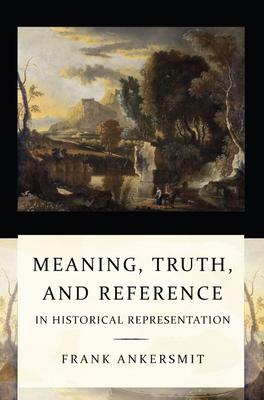In this book, the noted intellectual historian Frank Ankersmit provides a systematic account of the problems of reference, truth, and meaning in historical writing. He works from the conviction that the historicist account of historical writing, associated primarily with Leopold von Ranke and Wilhelm von Humboldt, is essentially correct but that its original idealist and romanticist idiom needs to be translated into more modern terms. Rehabilitating historicism for the contemporary philosophy of history, he argues, "reveals the basic truths about the nature of the past itself, how we relate to it, and how we make sense of the past in historical writing."
At the heart of Ankersmit's project is a sharp distinction between interpretation and representation. The historical text, he holds, is first and foremost a representation of some part of the past, not an interpretation. The book's central chapters address the concept of historical representation from the perspectives of reference, truth, and meaning. Ankersmit then goes on to discuss the possible role of experience in the history writing, which leads directly to a consideration of subjectivity and ethics in the historian's practice. Ankersmit concludes with a chapter on political history, which he maintains is the "basis and condition of all other variants of historical writing." Ankersmit's rehabilitation of historicism is a powerfully original and provocative contribution to the debate about the nature of historical writing.
